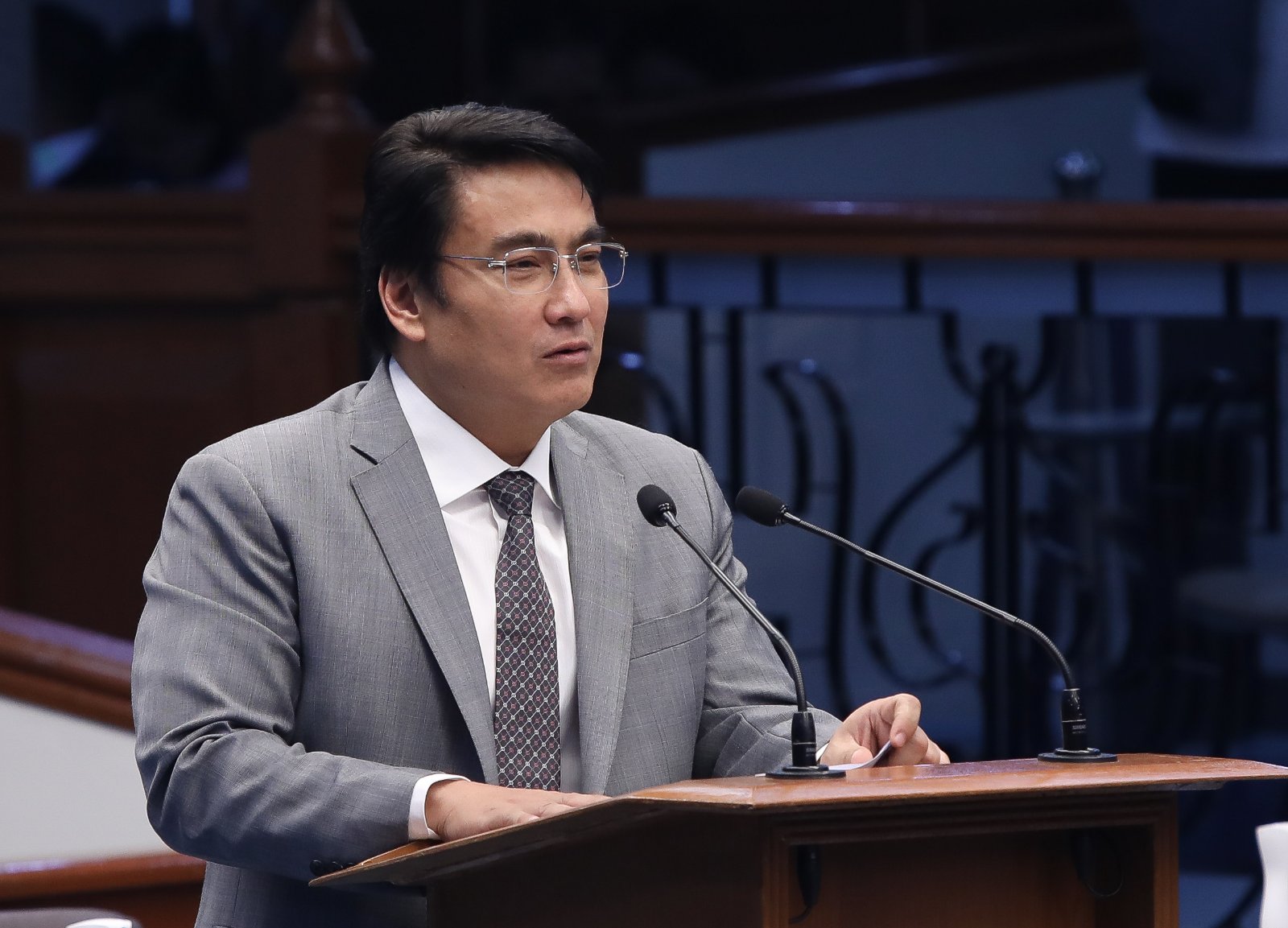
Sen. Ramon Bong Revilla Jr. —Senate PRIB
Educational institutions may no longer bar students from taking exams just because of unpaid tuition and other school dues, under a new law that took five years to be passed and was finally enacted early this week.
Sen. Ramon Revilla Jr. on Saturday thanked President Marcos for signing into law on March 11 the No Permit, No Exam Prohibition Act, or Republic Act No. 11984. The senator is the measure’s principal author.
All basic and higher education institutions and technical-vocational schools that offer long-term courses exceeding one year are covered by the law, which bars them from requiring enrollees to settle all their financial obligations and secure permits before being allowed to take an examination.
But according to the same law, schools may still require “the submission of a promissory note” from such students and that they may also “withhold” the release of their records and credentials.
Students who are unable to pay school fees because of disasters or emergencies and other “justifiable reasons” may need to secure a certification from the Department of Social Welfare and Development or its local office in their community.
Schools found to have violated RA 11984 “shall be subject to administrative sanctions that may be imposed by the Department of Education, Commission on Higher Education, and Technical Education and Skills Development Authority.”
‘Clear message’
Revilla said “Students should not worry that they will not be able to take their exam or finish their education because of financial difficulties. Poverty should never cripple them and shatter their dreams.”
“Let us continue to advocate for the Filipino youth so that they may reach greater heights,” said the lawmaker and former action star, whose résumé on the Senate website, unlike that of his colleagues, lists no educational background.
ACT Teachers Rep. France Castro, one of the authors of the House bill that preceded Revilla’s measure, said the enactment of RA 11984 was a “significant victory for students’ rights and welfare.”
“This new law sends a clear message that education should not be an exclusive privilege but a right that must be upheld and protected,” said the lawmaker and veteran educator.
‘Death sentence’
During the congressional deliberations on that measure last year, the Coordinating Council of Private Educational Associations of the Philippines (Cocopea), the umbrella organization of private schools, said the proposal was “tantamount to a death sentence” on their sector.
Cocopea spokesperson Kristine Carmina Manaog said earlier: “Since private schools rely heavily on steady cash flow for their continued operations, any prohibition that affects their ability to effectively collect fees for funding will disrupt cash flow that is used to sustain their operations.”
“Many schools will be forced to close and, in turn, [this would] result in the disenfranchisement of thousands of students and cause extensive job losses,” she added.
Cocopea was sought for comment as of press time regarding its position now on the enacted RA 11984.